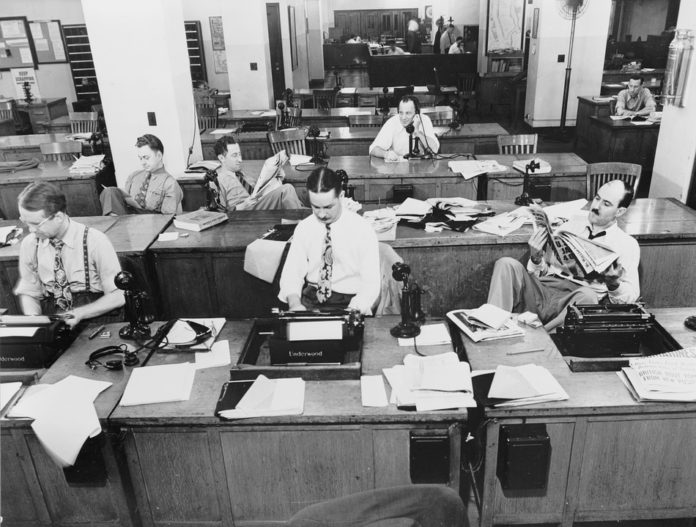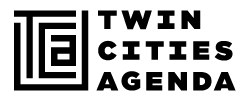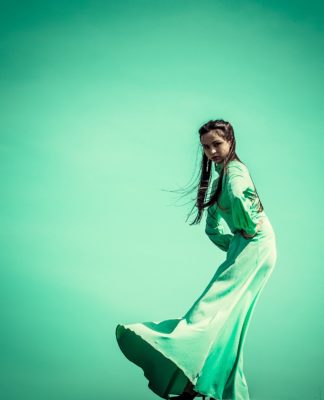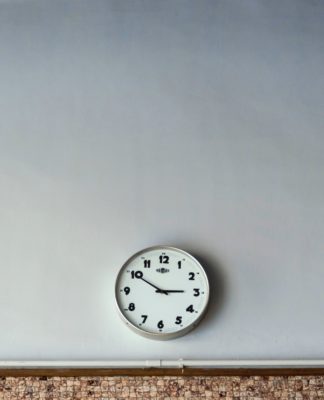
The New York Times recently published a new set of guidelines that restrict how its journalists can (and can not) use Twitter and other social media accounts.
To the newsroom:
The New York Times has been a dominant force on social media for years. Our newsroom accounts have tens of millions of followers. Many of our journalists are influential voices on Twitter, Facebook, Instagram and other platforms. The voices of our readers, listeners and viewers inform and improve our reporting.
We believe that to remain the world’s best news organization, we have to maintain a vibrant presence on social media.
But we also need to make sure that we are engaging responsibly on social media, in line with the values of our newsroom.
That’s why we’re issuing updated and expanded social media guidelines.
The guidelines were developed in a collaborative way by Cliff Levy, Phil Corbett and Cynthia Collins, and are rooted in the very experiences of our journalists.
Please read them closely, and take them to heart.
— Dean Baquet, Executive Editor
And, seemingly without much warning:
In an interview with Politico, the Times’ executive editor Dean Baquet called for a “tougher policy” on social media activity, apparently fed up with keeping an eye on things himself. It didn’t take long for the new policy to go into effect: The new set of rules were issued the very next day.
The Times they are a changin’
Pretty much anything that “undercuts The Times’s journalistic reputation,” i.e. expressing partisan opinions, promoting political views/endorsing candidates, saying negative things about POTUS, is prohibited under these new guidelines.
And of course, journalists “should not be able to say anything on social media” that they wouldn’t otherwise say in the Times. Okay. On the one hand, this goes back to 101 grade school lessons about representing your school with good behavior on class field trips.
On the other, it feels a little too watchdog for a 166-year-old paper that has benefited recently/stayed relevant in part because of their journalist’s social media practices.
See Farhad Manjoo, for example: twitter.com/fmanjoo
Limiting the personalities of writers, reporters, journalists who are more or less paid to have a personality, might seem counter intuitive to some. Not Dean Baquet, whose limited social media presence (twitter.com/deanbaquet) might help explain his feelings on the subject.
Just so you know, dear reader, that the social media accounts of the Twin Cities Agenda writers would surely pass this test with flying colors.
Maybe.
Sincerely, twitter.com/Draschramm
















